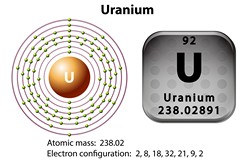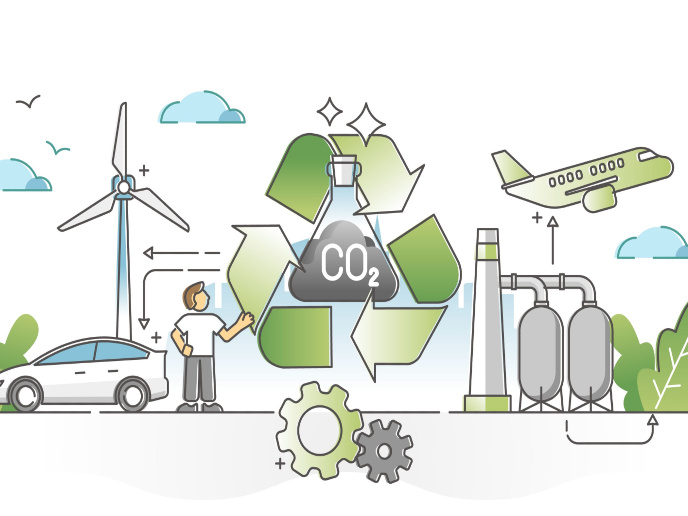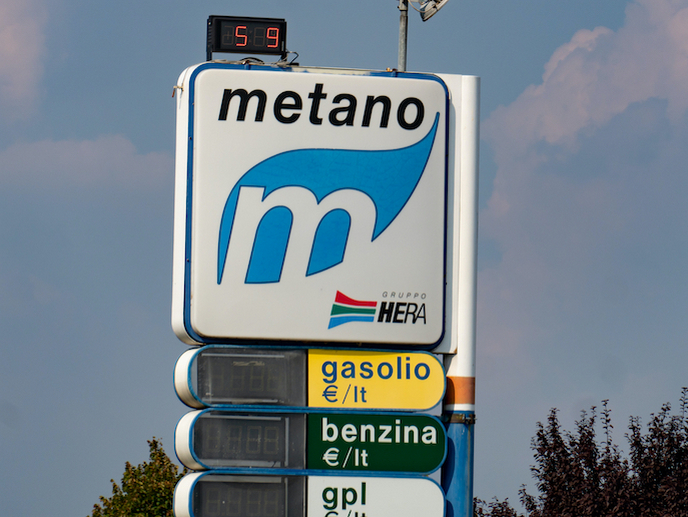New uranium chemistry to the rescue
The known chemistry of uranium lags behind the rest of the periodic table because it is rare and difficult to handle. This poorly understood chemistry could be key to solving nuclear waste problems associated with uranium, but more research is required. Funded by the EU, the UNCLE (UNCLE: Uranium in non-conventional ligand environments) initiative aimed to find out how uranium undergoes chemical bonding and how this affects its reactivity. The researchers prepared a number of uranium complexes stabilised with organic molecules that can bind to uranium. This was necessary to prevent the uranium from decomposing. UNCLE members developed new methods that increased the number of uranium-metal bonds by a factor of 15. They were also able to couple two carbon monoxide molecules and convert it into a more complex organic molecule. The research group discovered uranium molecules that have a property known as single molecule magnetism (SMM). SMMs are important because they can be used in ultra-high-density data storage and quantum computing. These results establish a new field of uranium-metal bonds by opening the way to unconventional uranium complexes. The new compounds and increased understanding of actinide chemistry will contribute to radioactive waste management and new fields of applied chemistry.
Keywords
Uranium, chemistry, radioactive waste, actinides, uranium-metal bonds, single molecule magnetism







